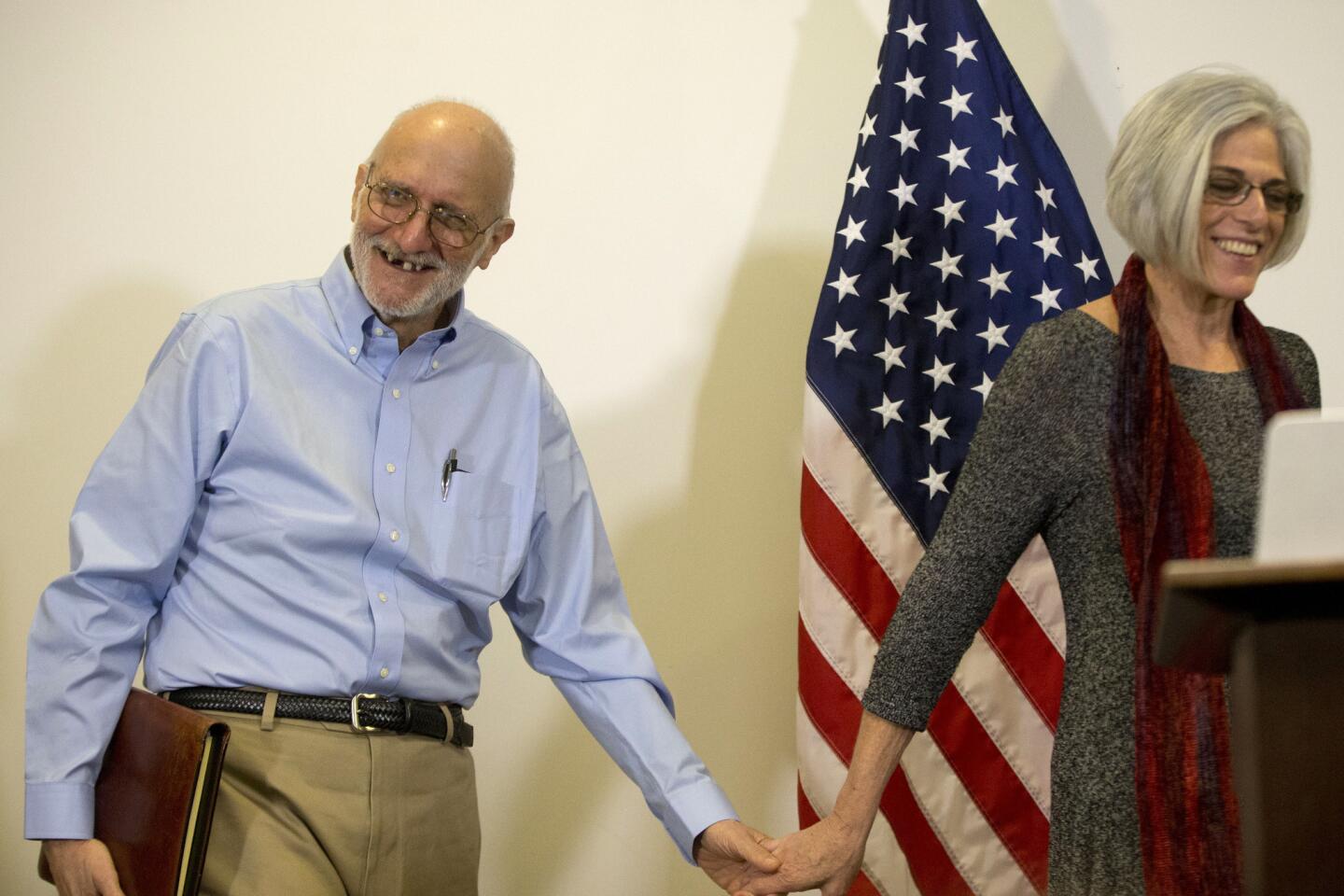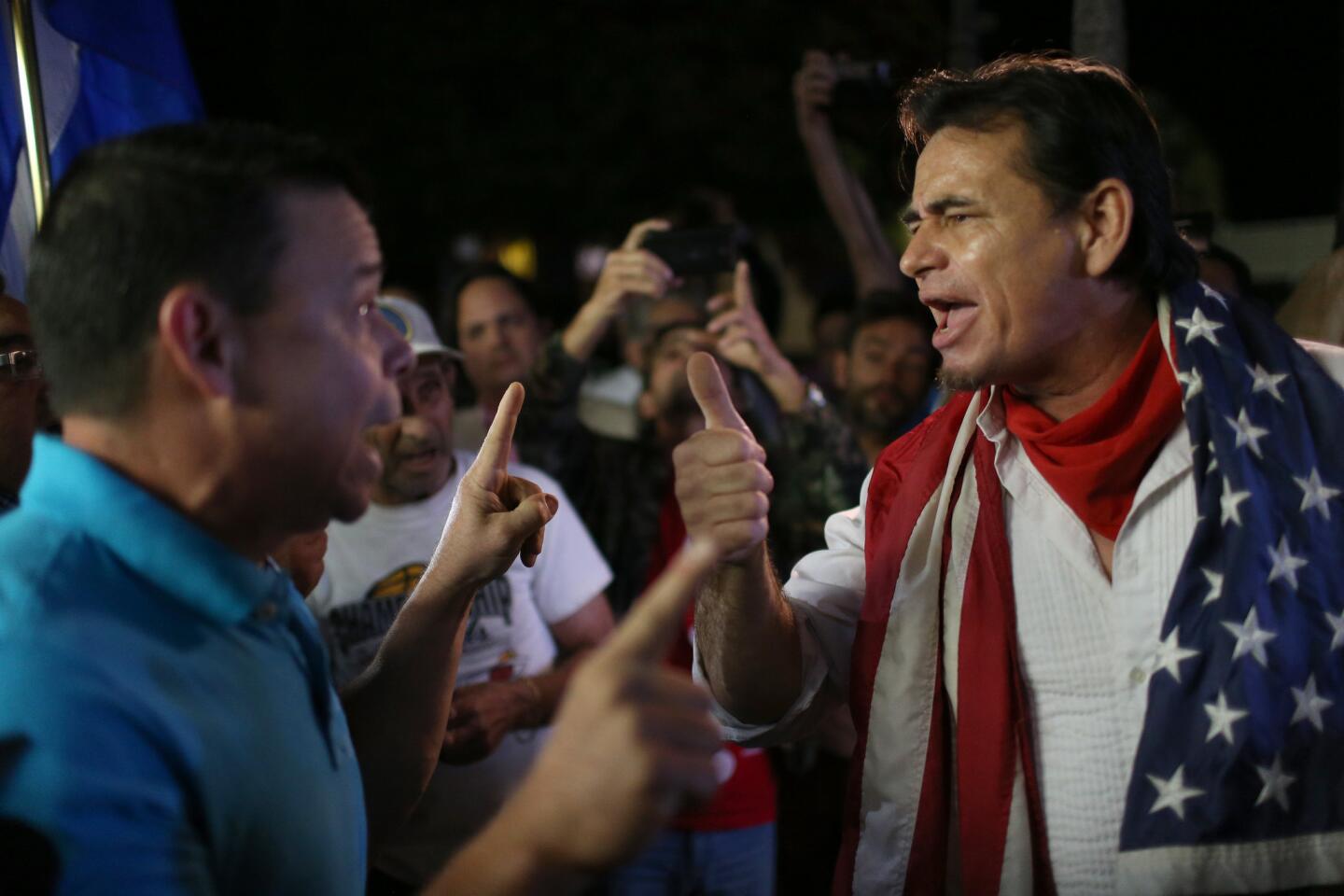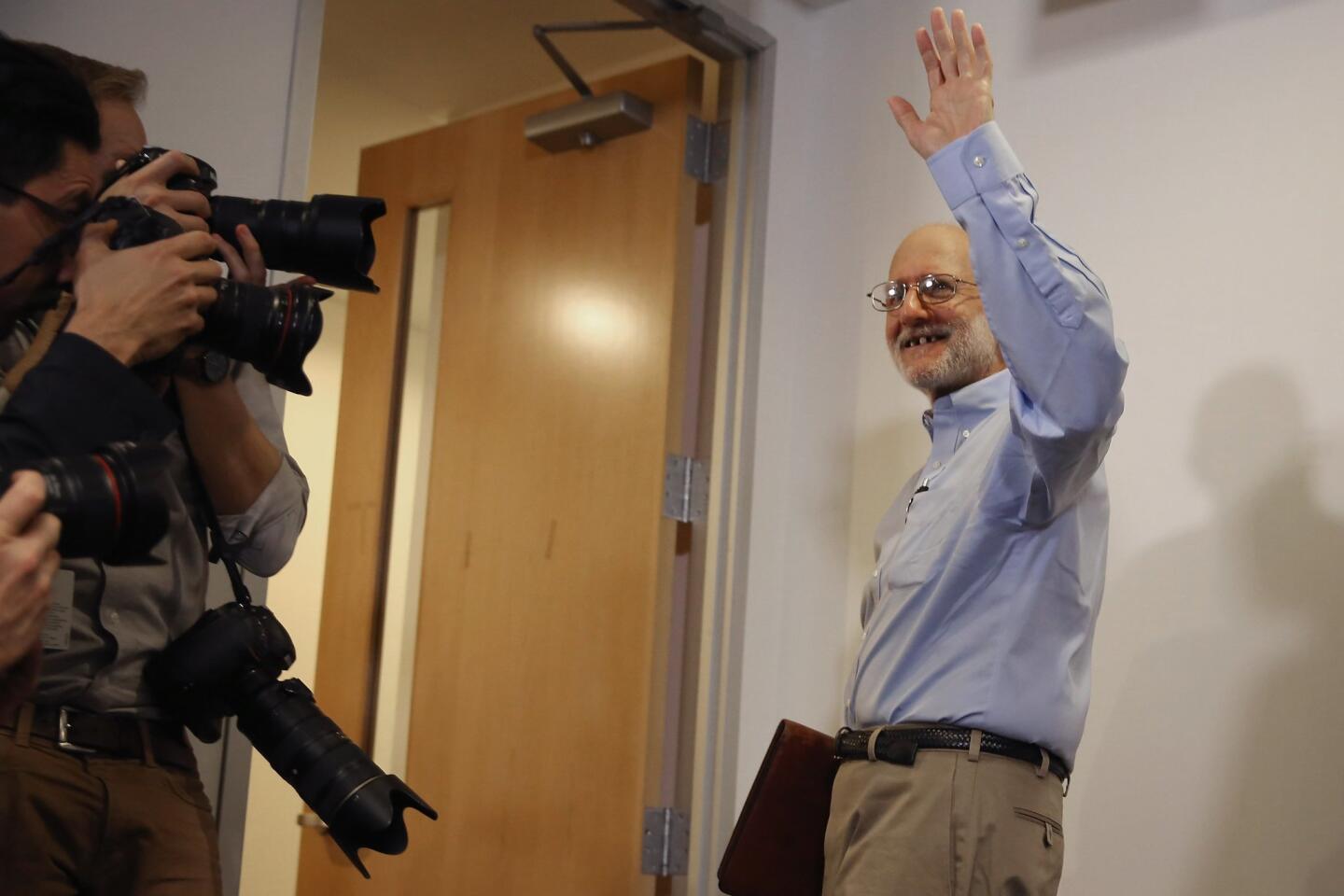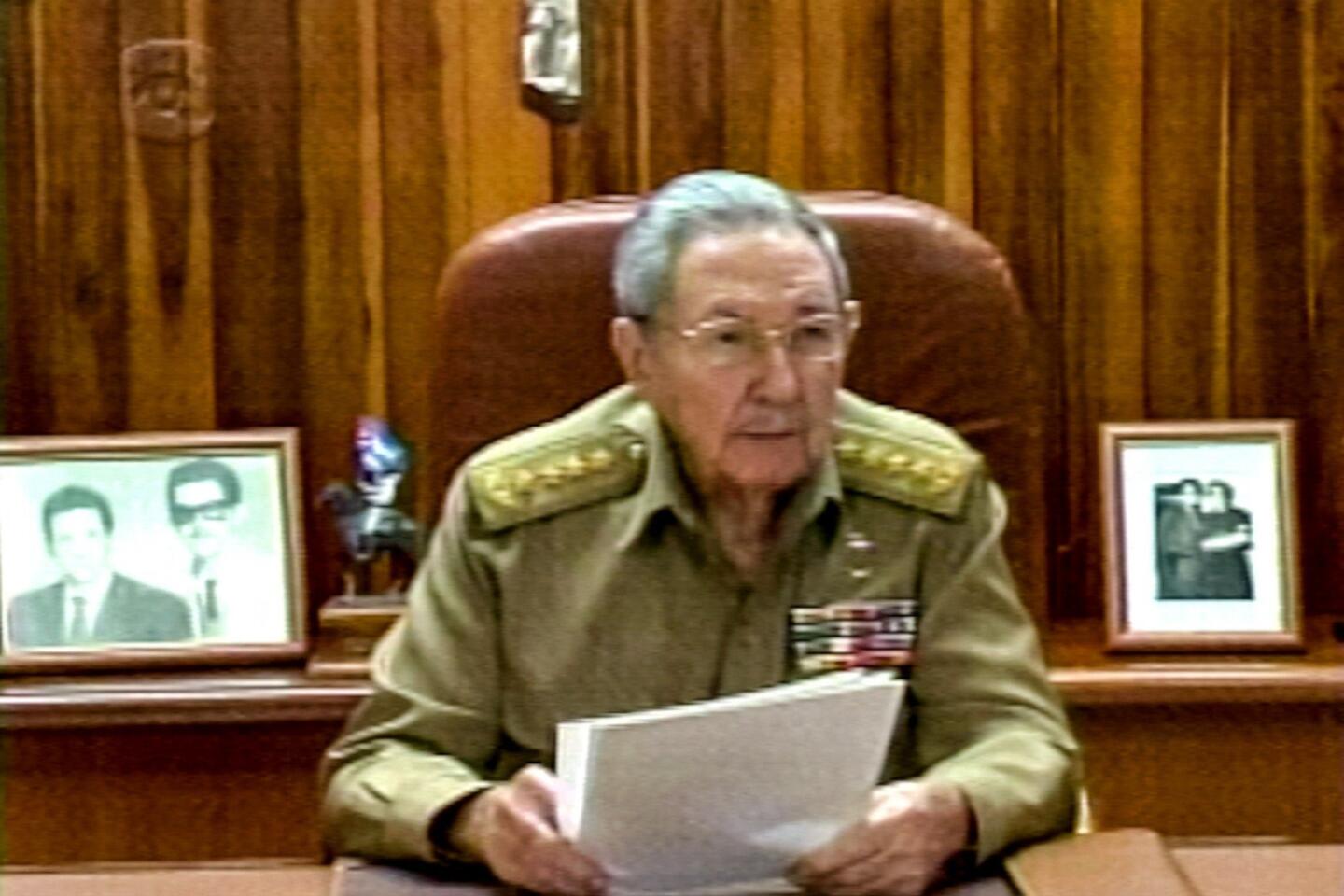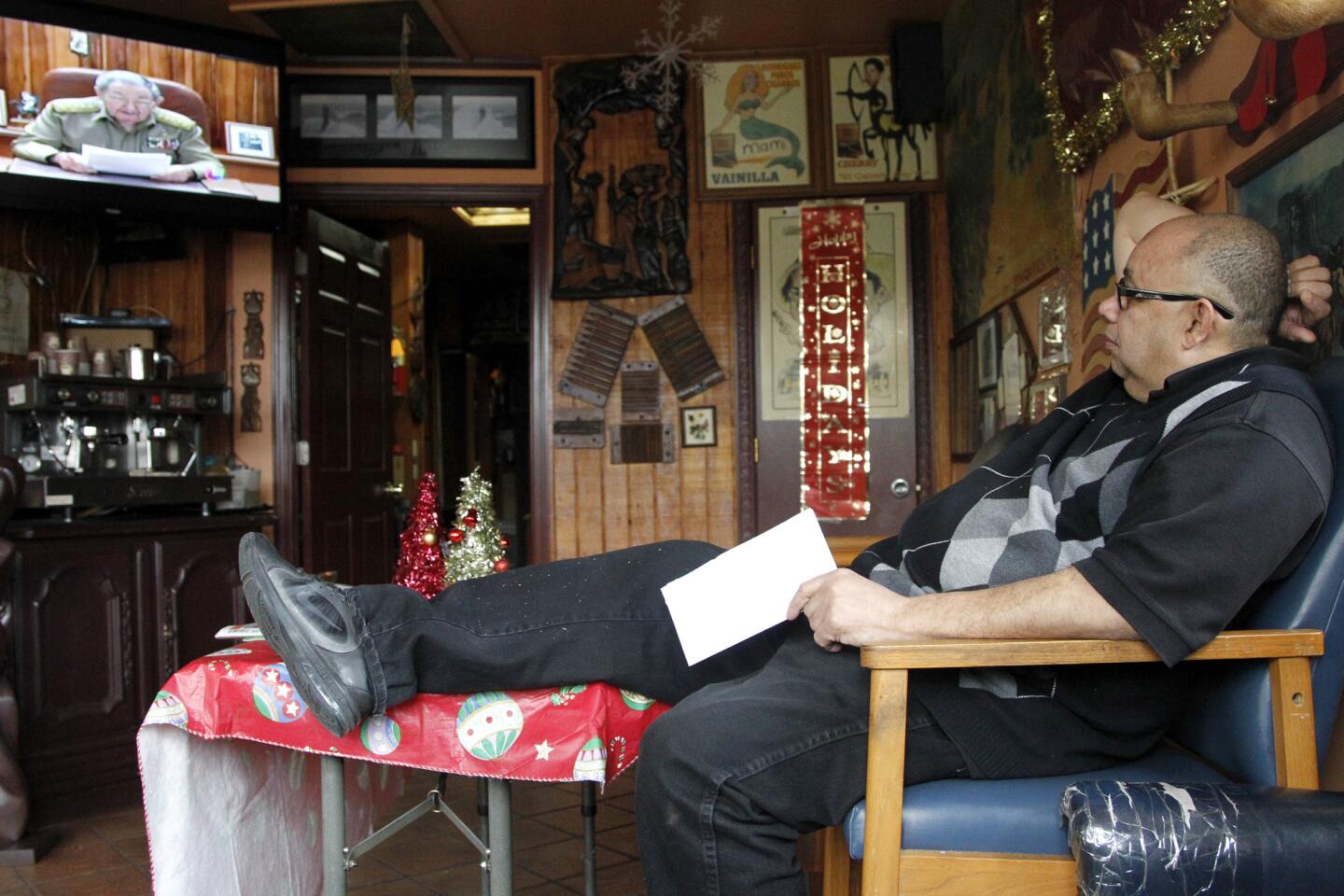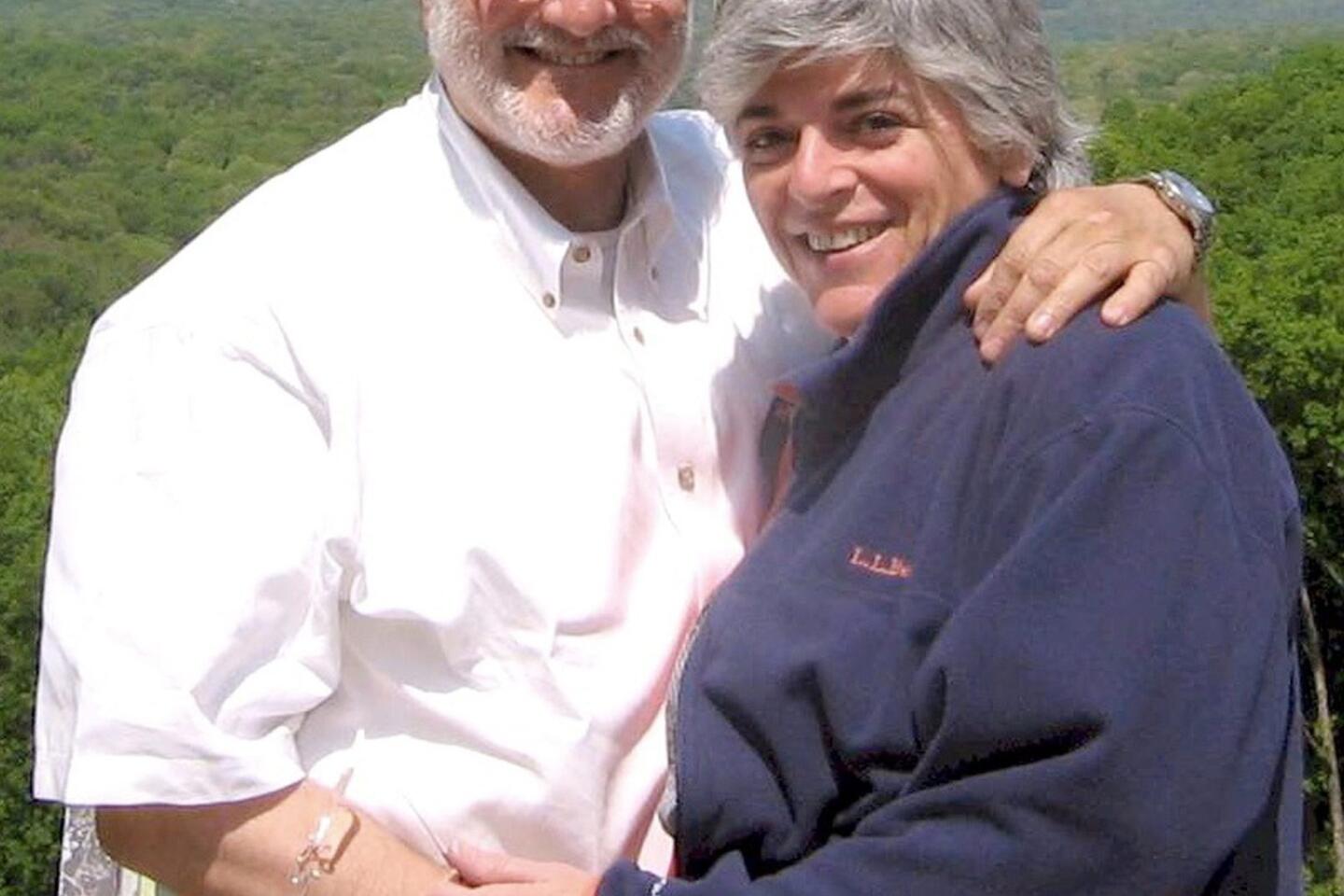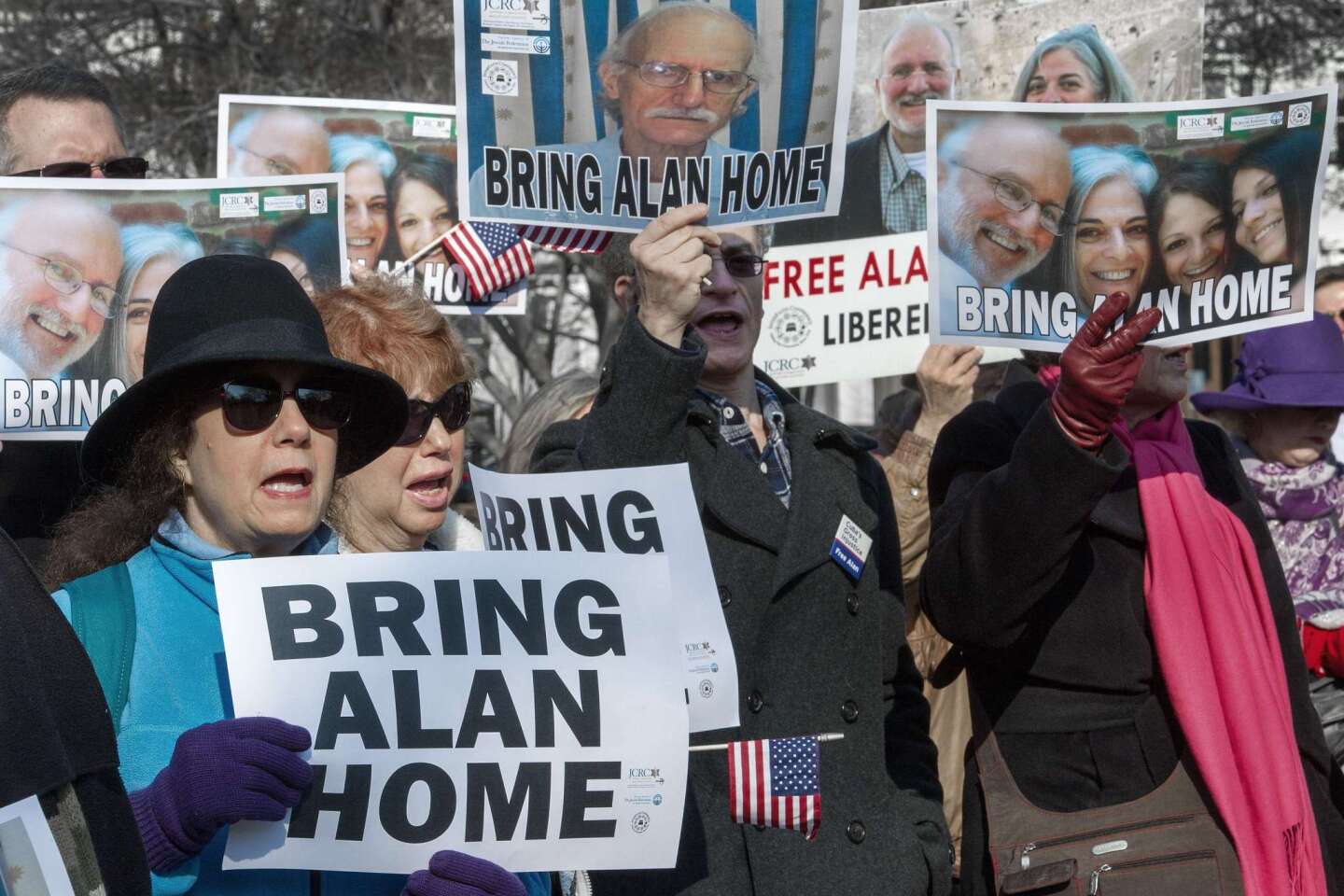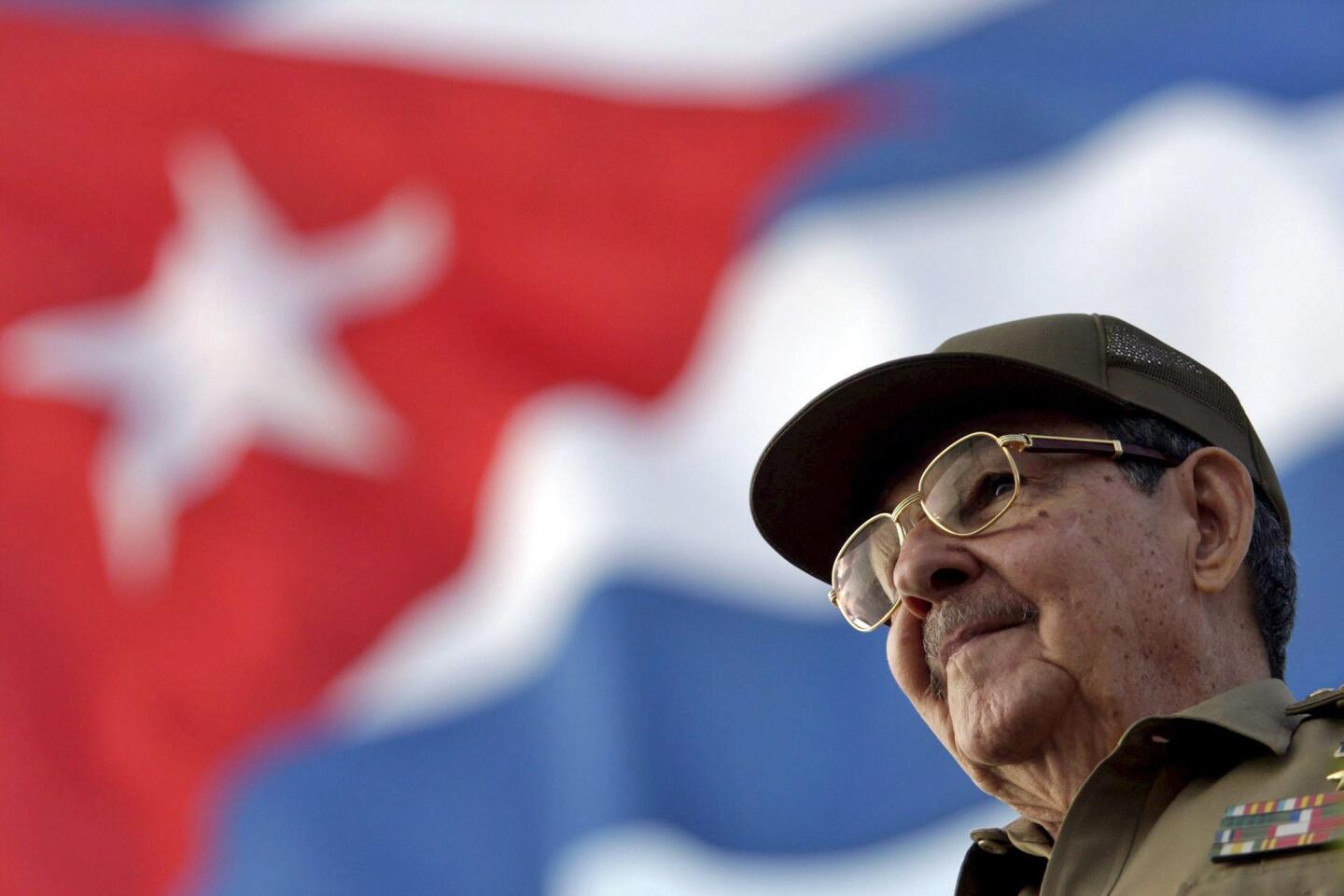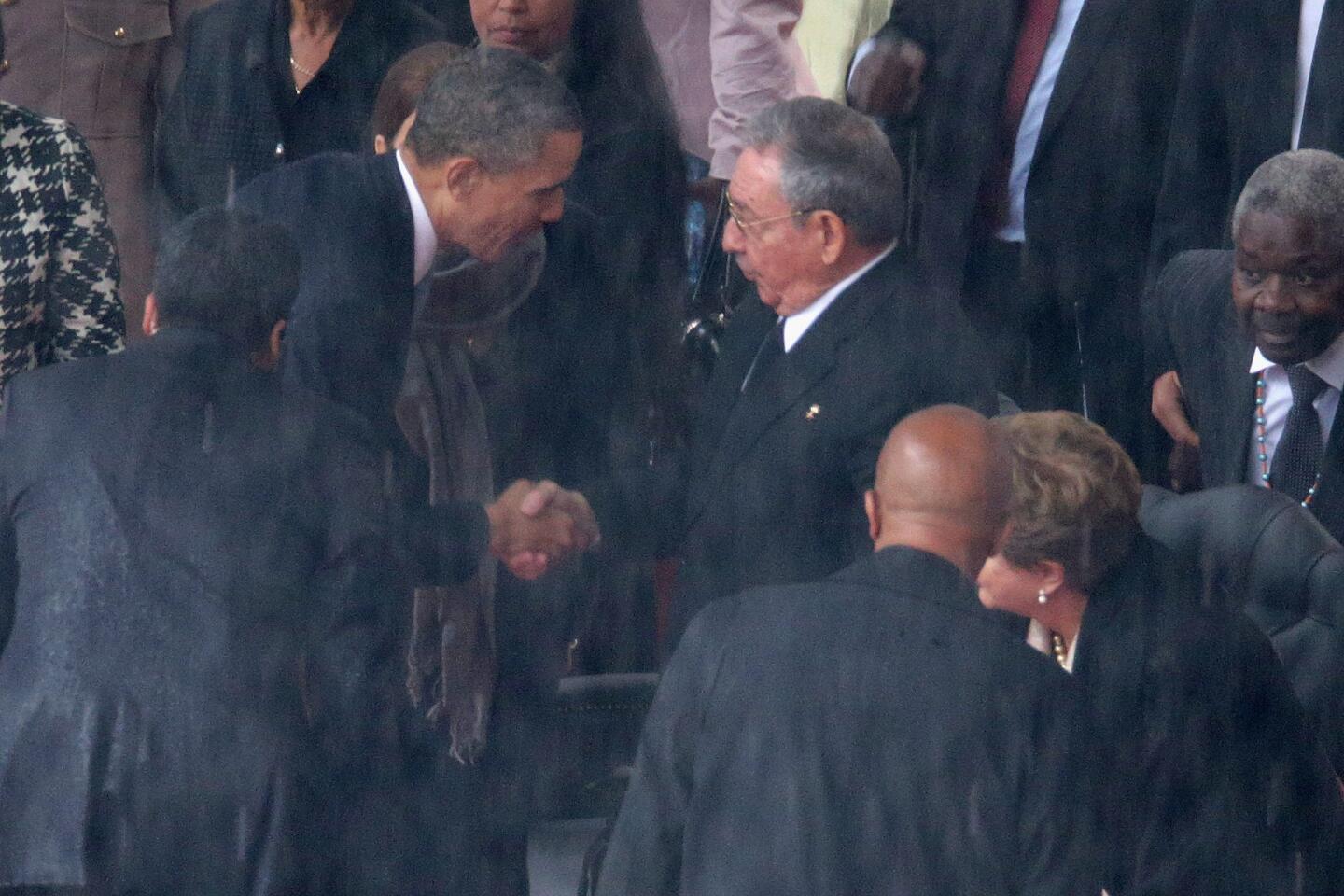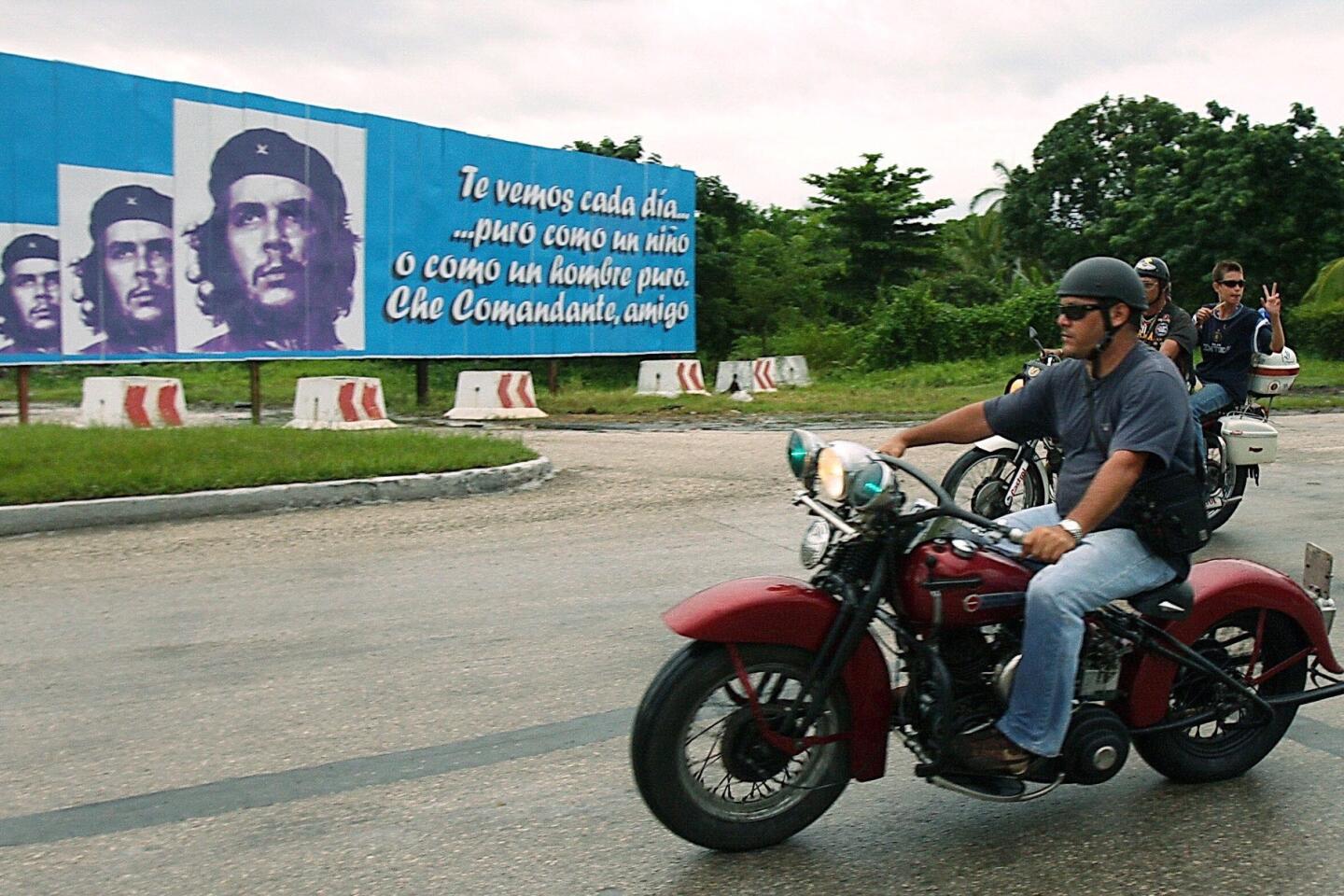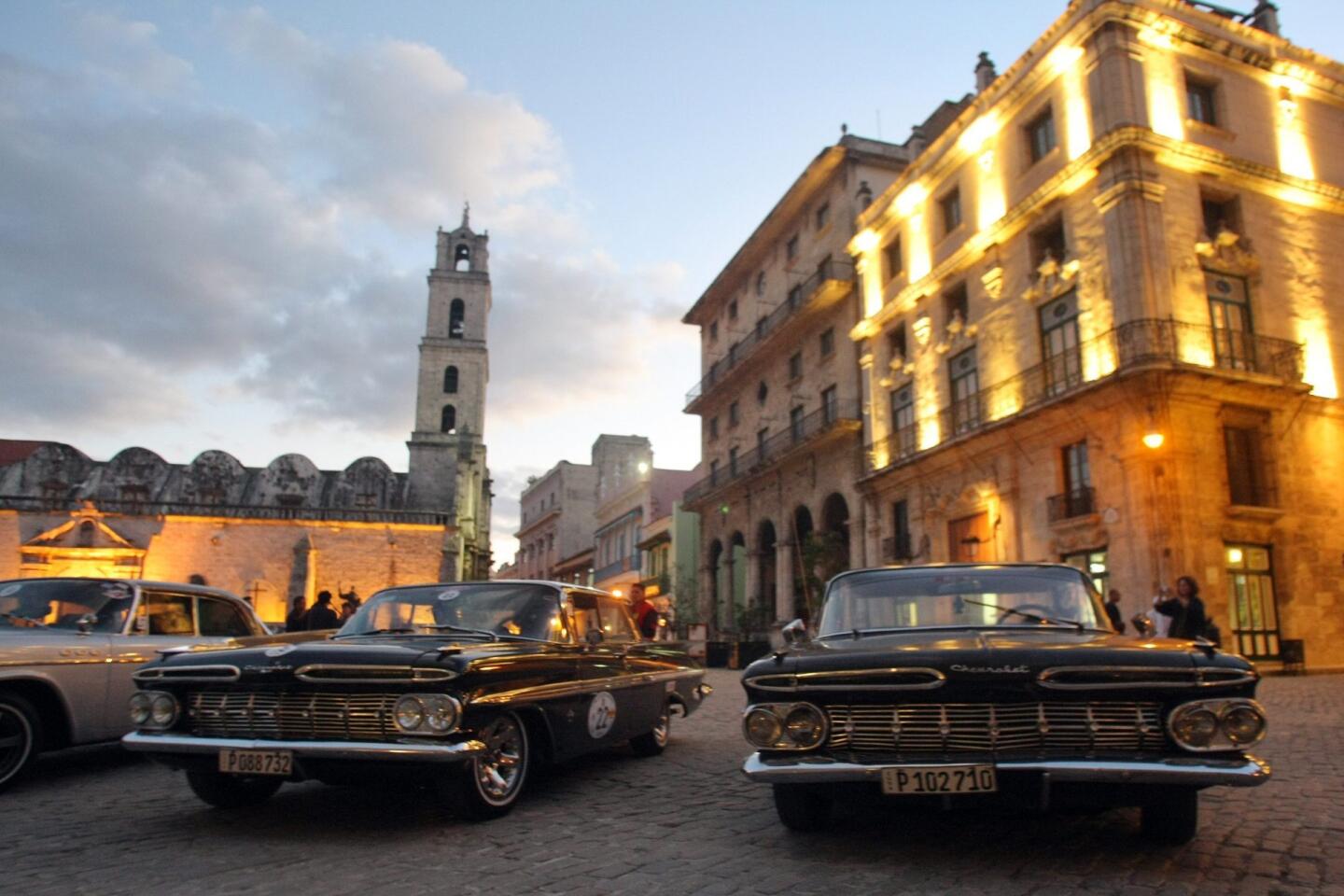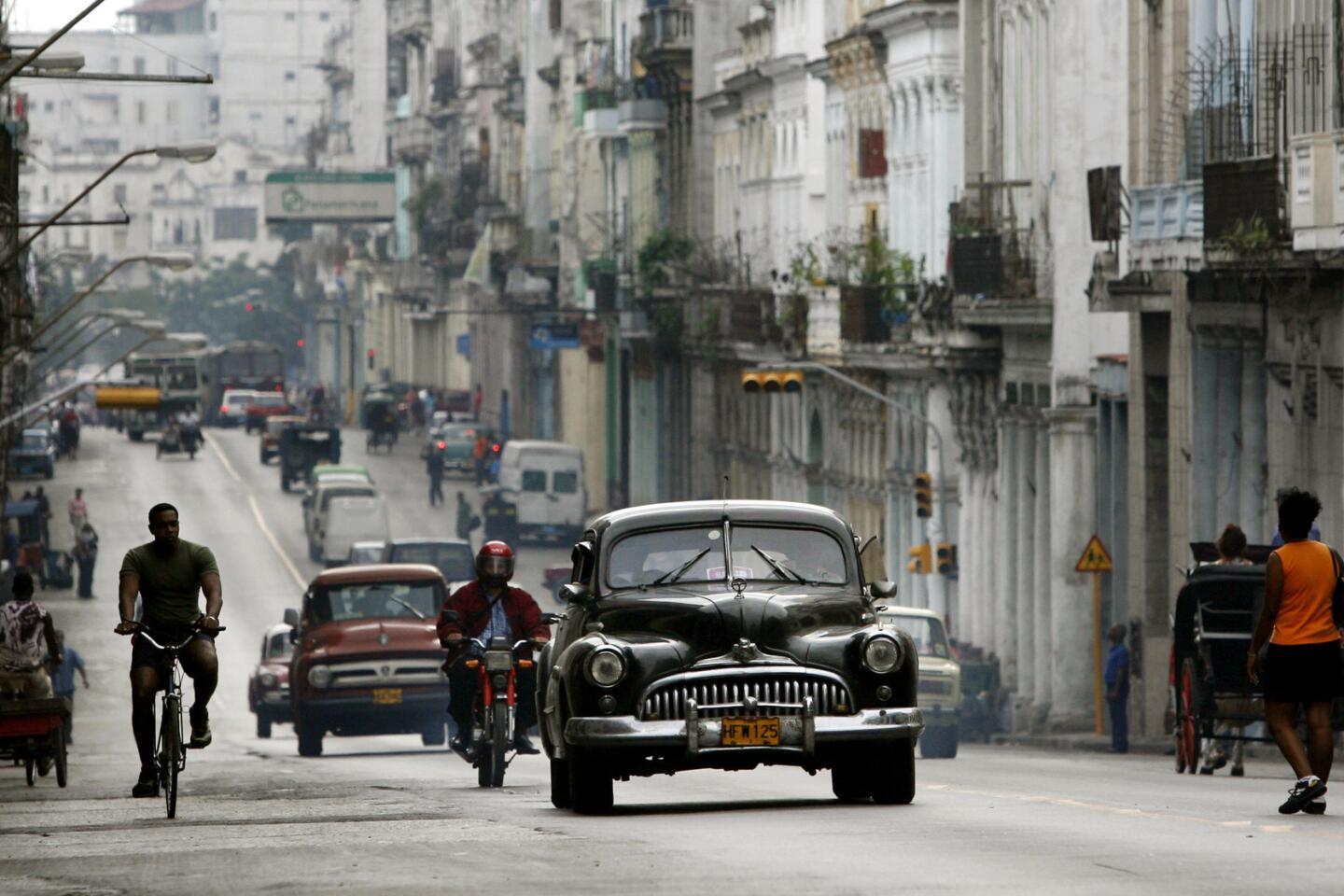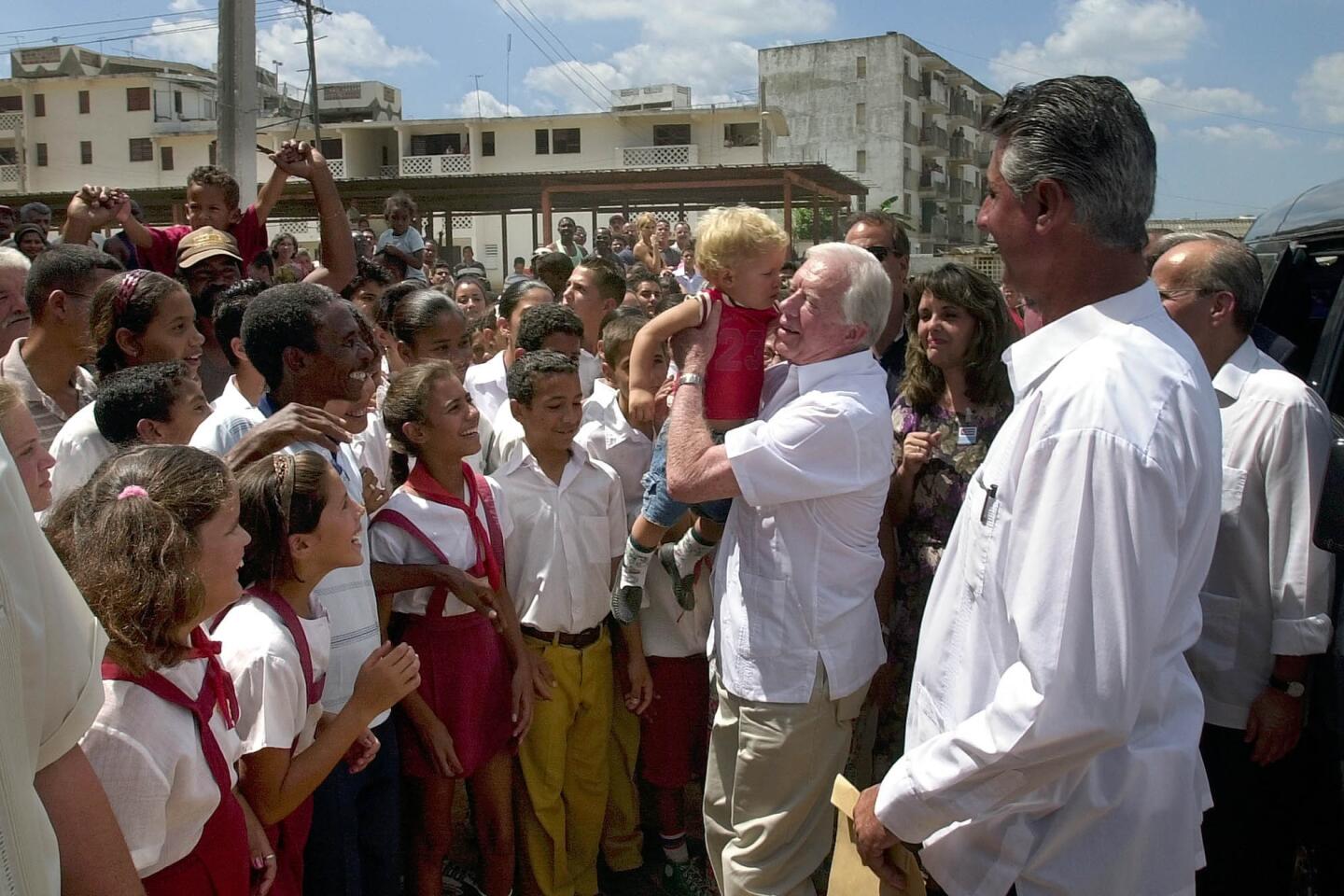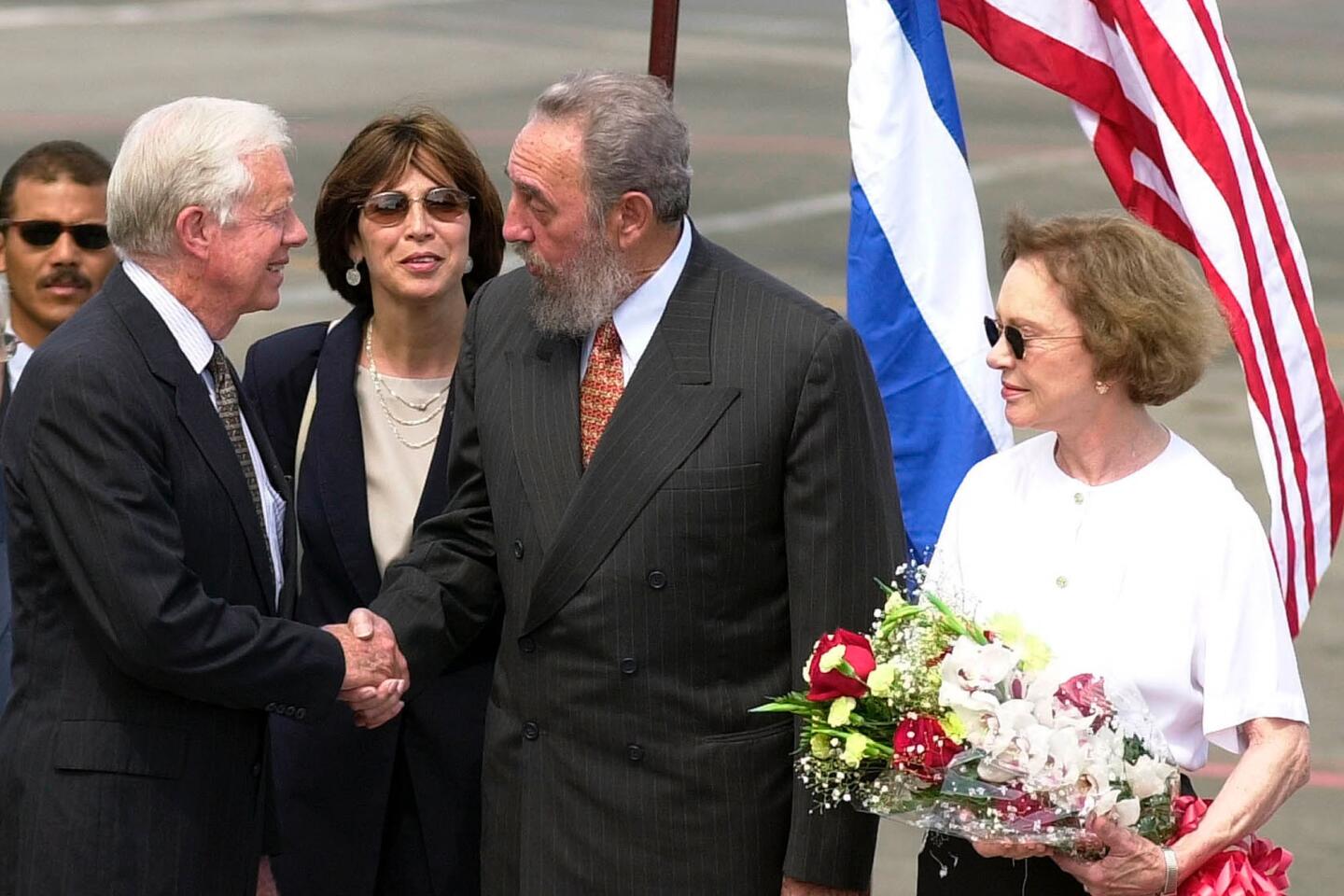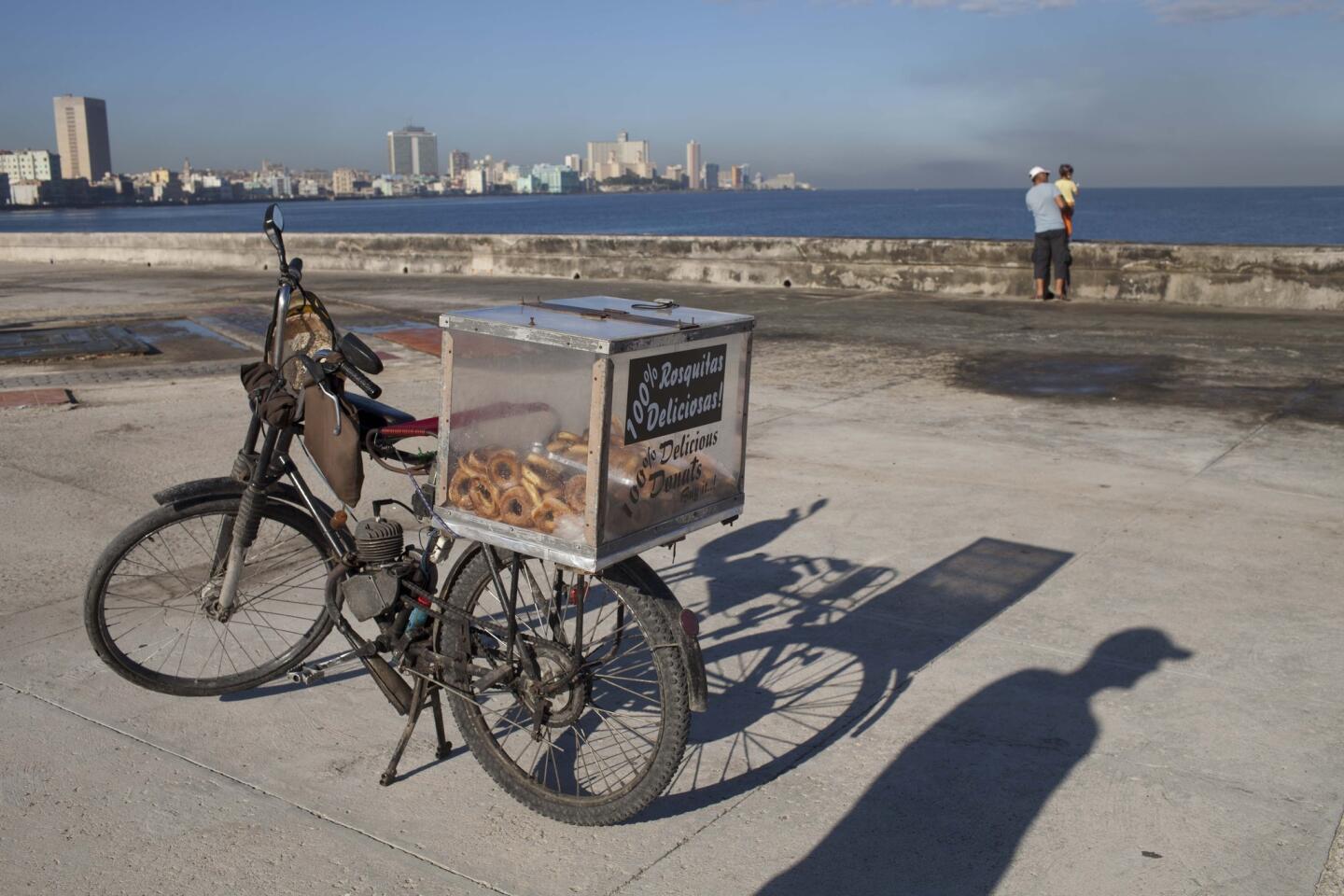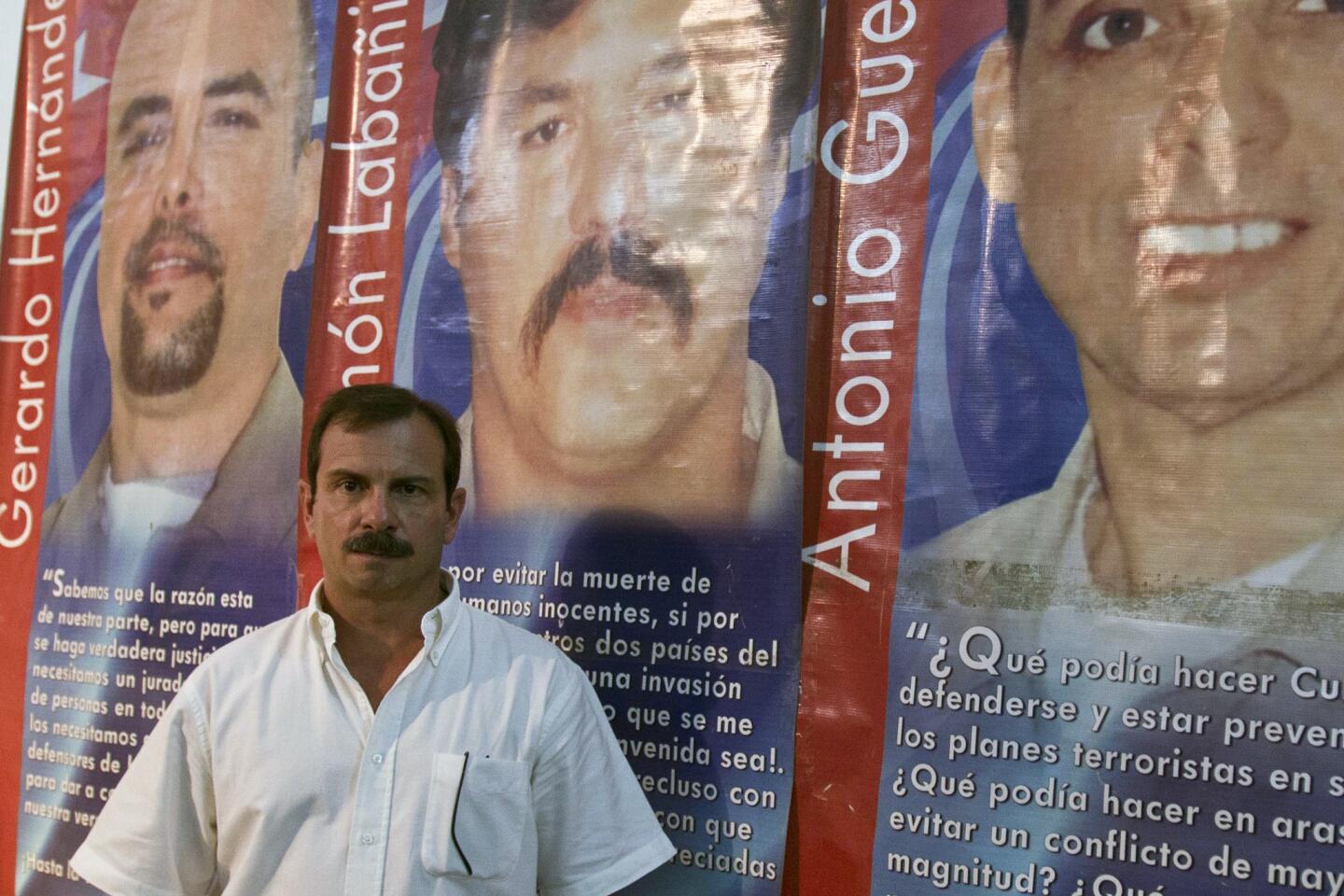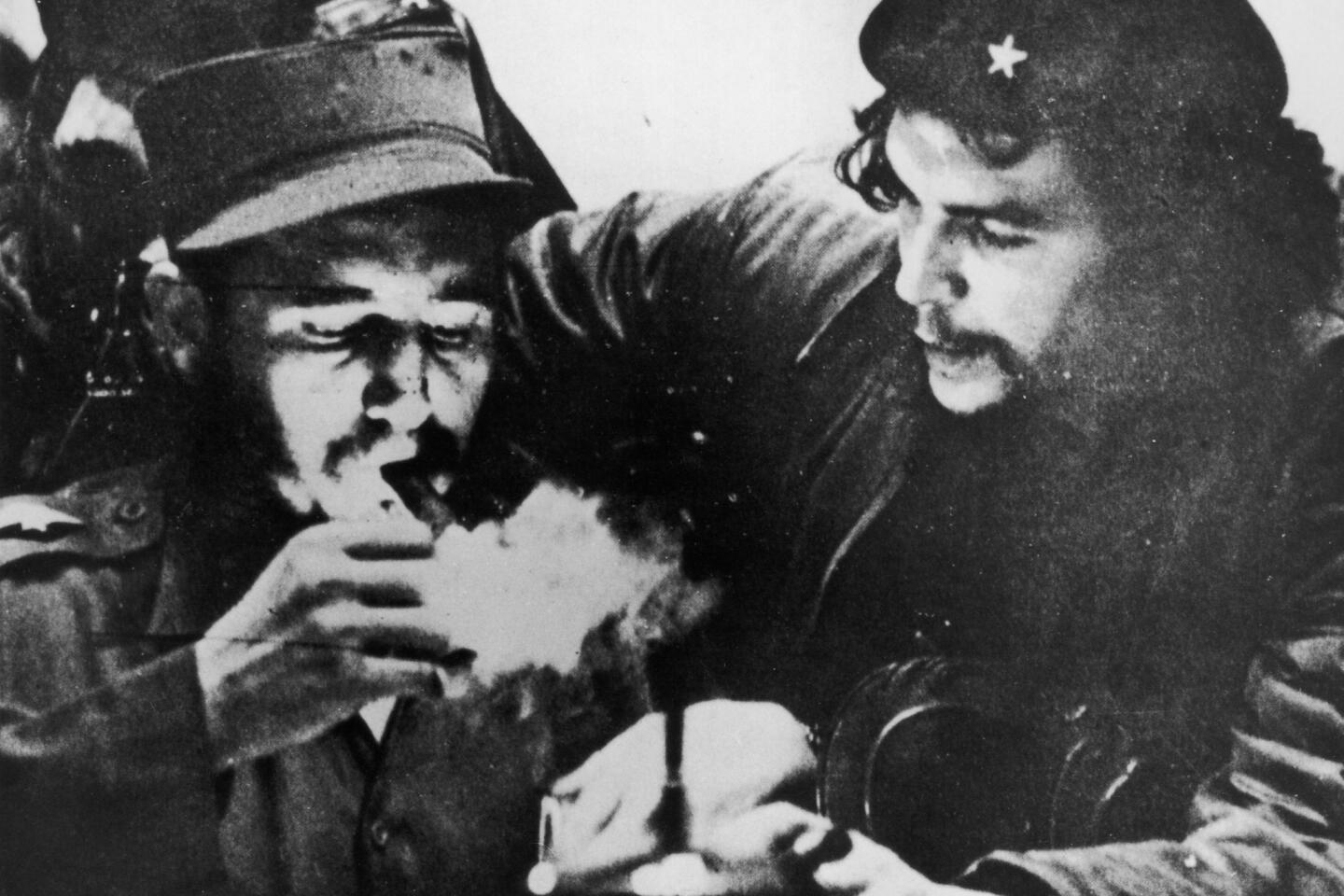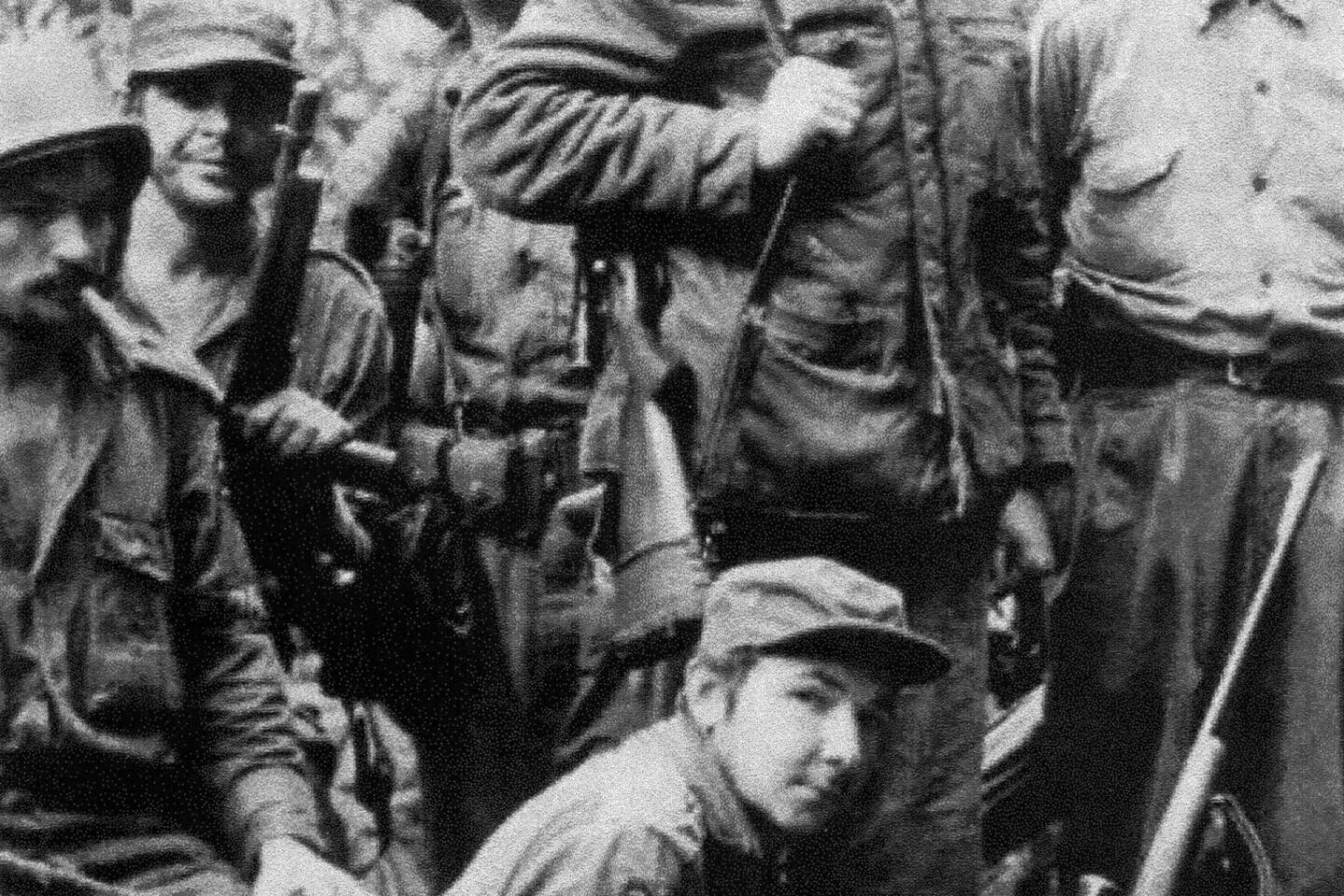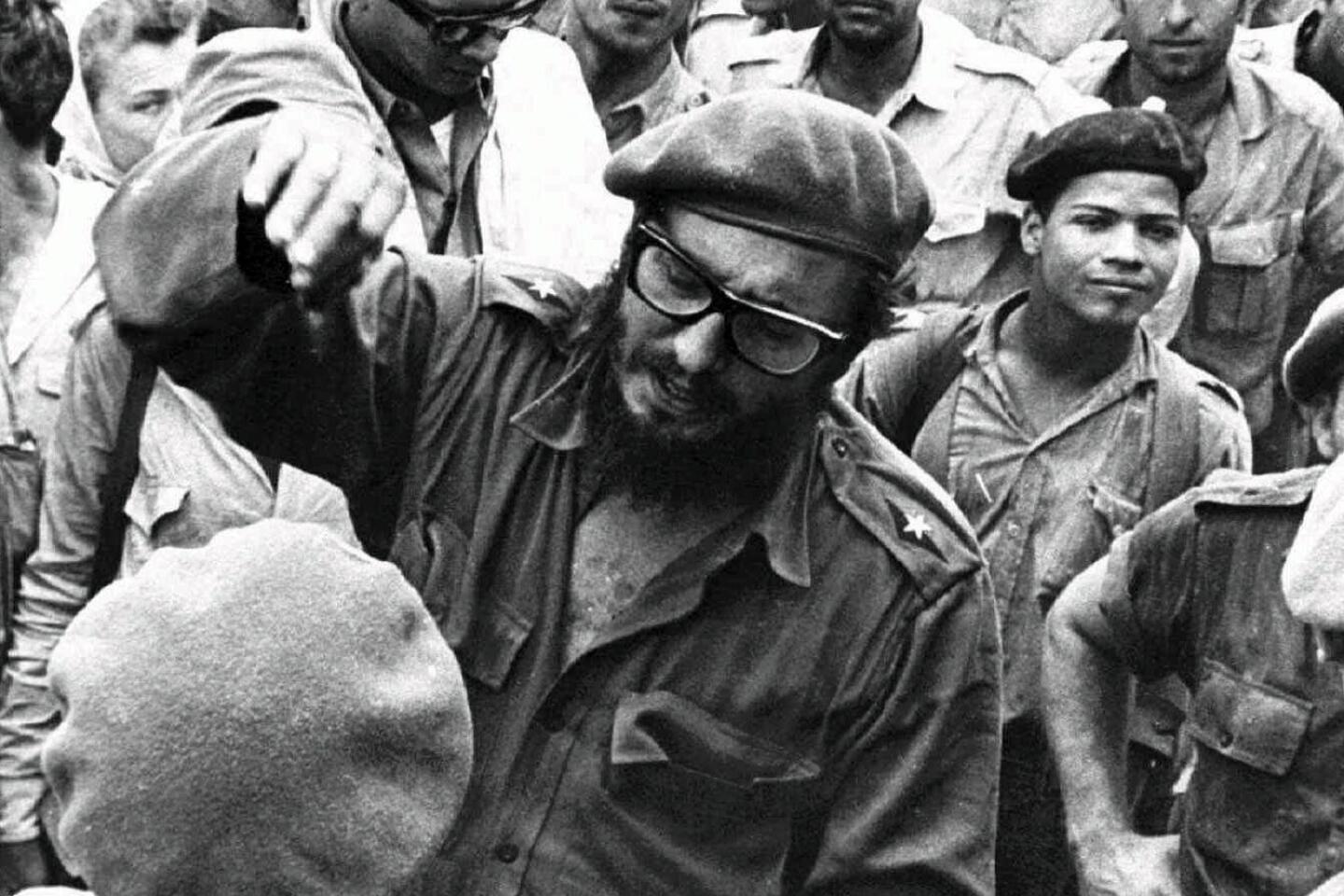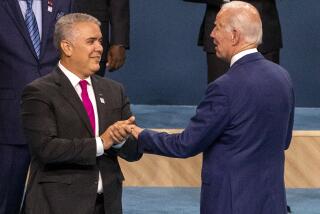Editorial: Obama’s historic shift on Cuba
- Share via
Citing a half-century of failed policy, President Obama on Wednesday announced that he intends to normalize relations with Cuba, mending a rupture that dates to the chilliest days of the Cold War. While the move to restore diplomatic ties should not be taken as support for the Castro regime’s continuing human rights violations or its antidemocratic policies, it is undoubtedly the right step. Indeed, it is long overdue.
Now Congress should follow suit and scrap the counterproductive economic embargo, which, rather than bringing down the Castro regime, has made the U.S. the outlier in an international community that has accepted Cuba.
We also welcome the release of Alan Gross, the U.S Agency for International Development contractor sentenced in 2009 to 15 years in prison for bringing telecommunications equipment into Cuba. A separate agreement to exchange three Cuban intelligence agents imprisoned in this country for an unidentified U.S. agent who has been held in Cuba for nearly two decades is also welcome, even as it harks back to the Cold War days of espionage and spy exchanges.
Normalizing relations — including opening embassies in one another’s capitals — should begin to move the two nations beyond their long-standing friction points. Cuba is not a model nation, but it also isn’t the same country that once fomented leftist insurgencies in Latin America, a practice then-President Fidel Castro renounced in 1992. Today, Cuba remains on the U.S. list of state sponsors of terrorism (leaving it ineligible for U.S. foreign aid), primarily because of its friendship with such listed nations as Iran. Yet to place Cuba among the current rogue nations of the world is to misclassify it, and the president is right to ask Secretary of State John F. Kerry to review that designation.
Obama’s reversal of policies that began in the final days of the Eisenhower administration is a pragmatic reflection of reality: Those policies have not worked. Rather than driving the Castro brothers from power, the efforts have squeezed the Cuban people. Lingering fears of communism and a powerful political bloc of expatriates in Florida — whose influence has begun to wane and whose attitudes toward the regime have begun to moderate — had locked the U.S. into these outdated stances.
What’s more, the Cuban government has instituted a number of significant economic reforms in recent years, including allowing citizens to own property and to work in private-sector jobs. Surely that argues in favor of warmer relations, even though the regime continues to imprison dissidents unfairly.
As Obama noted in his announcement, the U.S. maintains diplomatic relations with other communist regimes, including Vietnam. During the tensest periods of the Cold War, when nuclear annihilation hung in the balance, the U.S. continued diplomatic relations with the Soviet Union. And it normalized relations with China in 1978.
But Cuba remained an island unto itself. Obama is doing the right thing in making history, rather than letting himself be held captive to it.
Follow the Opinion section on Twitter @latimesopinion
More to Read
Sign up for Essential California
The most important California stories and recommendations in your inbox every morning.
You may occasionally receive promotional content from the Los Angeles Times.
